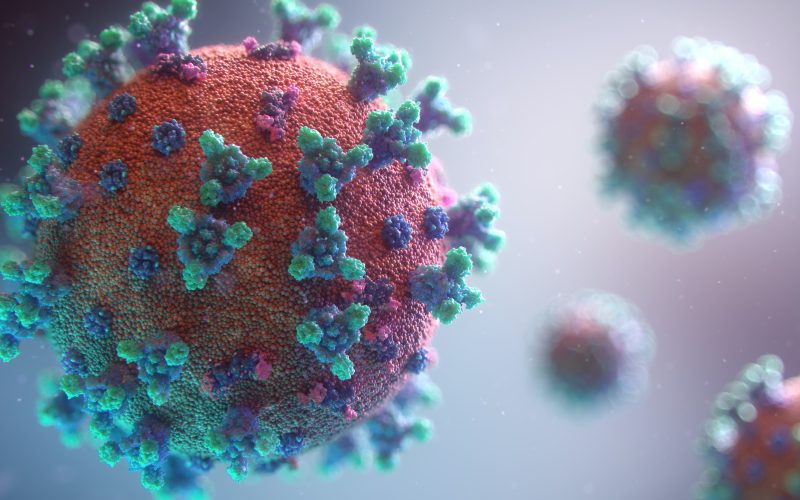Zika. It’s a virus that was all but forgotten until recently. But now, it’s back in the news, with devastating effects for thousands of people around the world. But, why? How did this seemingly invisible virus make such a sudden comeback? And what can we do to prevent and fight it? In this blog post, we’ll uncover the forgotten virus: Zika. We’ll look into its origins and how it has spread over time, as well as explore potential ways to combat it. Together, let’s stop the spread of Zika and protect our communities from its effects.
What is Zika virus?
Zika virus is a mosquito-borne virus that can cause severe birth defects in babies. The virus is spread by Aedes aegypti mosquitoes, which are found in tropical and subtropical regions. Zika virus was first discovered in 1947 in Uganda. It was later found in Africa, Southeast Asia, and the Pacific Islands. Zika virus is most commonly spread through the bite of an infected mosquito. It can also be spread through sex with an infected person. Zika virus can cause severe birth defects, including microcephaly (a condition where a baby’s head is smaller than normal), brain damage, and death. There is no cure for Zika virus and there is no vaccine to prevent it. The best way to prevent Zika virus is to avoid mosquito bites and to practice safe sex. If you are pregnant or planning to become pregnant, you should consult your healthcare provider before traveling to areas where Zika virus is present.
The symptoms of Zika virus
There are a number of symptoms associated with Zika virus, though many people who contract the virus will not experience any symptoms at all. For those that do, the most common symptom is a mild fever, which is often accompanied by a rash. Other symptoms can include joint pain, headache, and conjunctivitis (red eyes). Zika virus is generally a very mild illness and most people will recover from it within a week.
The dangers of Zika virus
Zika virus is a serious public health threat, particularly for pregnant women and their babies. Zika can cause birth defects, including microcephaly (a small head and brain), and other neurological problems. Zika can also be transmitted sexually, so it’s important for everyone to be aware of the risks.
While the majority of people who contract Zika will have no symptoms at all, for those who do fall ill, the virus usually causes a mild illness with fever, rash, joint pain and conjunctivitis (red eyes). However, Zika can also lead to more serious health problems, such as Guillain-Barré syndrome, which can cause paralysis.
There is currently no vaccine or treatment available for Zika virus, so the best way to protect yourself is to prevent mosquito bites by using insect repellent and wearing long sleeves and pants when outdoors. If you are pregnant or planning to become pregnant, it’s important to talk to your healthcare provider about the risks of Zika virus before travelling to an affected area.
How to prevent Zika virus
The Zika virus is a serious global health concern. Though it is most commonly found in Africa, the Zika virus has spread to other parts of the world, including the Americas, through infected mosquitoes. The Zika virus can cause severe birth defects in babies born to mothers who were infected with the virus while pregnant. For this reason, it is important for everyone, especially women of childbearing age, to take steps to prevent Zika virus infection.
To prevent Zika virus infection, follow these tips:
• Use mosquito repellent when outdoors.
• Wear long-sleeved shirts and pants when weather permits.
• Stay in air-conditioned or well-screened rooms when possible.
• Sleep under mosquito nets when necessary.
How to treat Zika virus
There is no specific medical treatment for Zika virus. The best way to prevent Zika virus infection is to avoid mosquito bites.
If you are infected with Zika virus, the most important thing you can do is rest and drink plenty of fluids. You can also take over-the-counter pain relievers, such as acetaminophen or ibuprofen, to relieve fever and pain.
If you are pregnant or thinking of becoming pregnant, it is important to talk to your healthcare provider if you have traveled to an area where Zika virus is circulating. Your healthcare provider will help you determine whether you need testing or special care.
Conclusion
The Zika virus has wreaked havoc on communities around the world, but with a little ingenuity and determination we can make sure that it does not continue to be a forgotten virus. Through greater education, improved public health measures, increased funding for research and development of vaccines, more protective clothing and insect repellent options, enhanced surveillance programs, and better travel advisories this virus can become something of the past. With collective action on these fronts we can all work together to overcome Zika!












